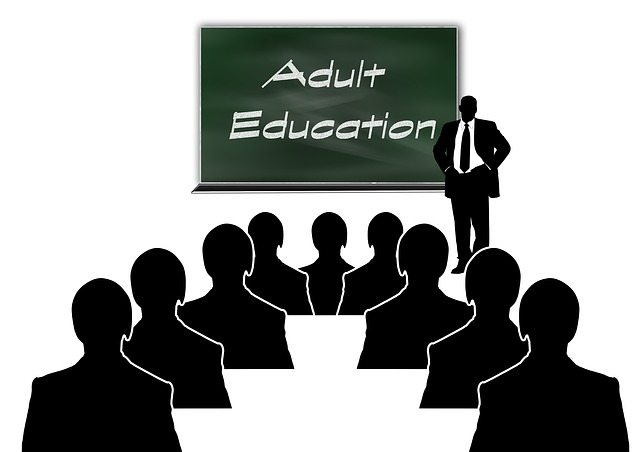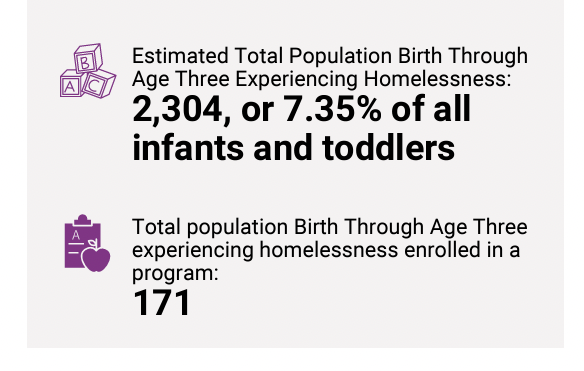Income inequality’s a hot topic. Often underlying it is knowledge inequality.
For as many bookstores and libraries that the District’s affluent and well-educated citizens enjoy, many poorer and less educated residents are just surviving. More than 60,000 D.C. residents lack a high school diploma or its equivalent, according to a 2014 DC Appleseed report. But many employers are increasingly seeking applicants with strong skills.
Low literacy and low levels of educational attainment in DC impacts problems ranging from welfare, poverty, crime, homelessness, health care, and poor performing K-12 schools.
This is not just a city problem.
“There’s a basic disconnect between the math skills of the average American and the skills they need to succeed,” said local literacy advocate and instructor Dirk Keaton in an interview.
Adults age 16-65 in eighteen industrialized countries clearly surpass the United States’ average score on numeracy, according to the Program for the International Assessment of Adult Competencies (PIAAC). Only two countries ranked lower. Twelve countries surpassed the United States’ average score in literacy skills.
Despite the damning statistics, there’s good news too in Washington. Strong programs are working to increase the literacy and basic skills of District adults.
A visit to So Others Might Eat’s Center for Employment Training (SOME CET) in Anacostia showed me how they help people build the skills needed to obtain better-paying jobs to provide for themselves and their families.
“What we do is integrated basic education training,” explained Keaton, a SOME CET mathematics instructor. People come to SOME seeking to become a medical administrative assistant or a building maintenance service technician.
“Adults tend to learn math concepts best when learning something they are interested in,” Keaton said.
Classes at SOME CET will emphasize practical skills such as fractions, calculating area, and estimating costs of jobs for students learning carpentry. Medical administrative assistant students learn about decimals, percentages, and bookkeeping. Statistics for FY 2013-2014 show that the majority of SOME CET learners noticeably gained in skills, exceeding the statewide performance average for adult basic education programs. Adult learners who fail to meet SOME’s entrance requirements are referred to Southeast Ministry to start improving their basic literacy/numeracy skills
SOME CET also provides training in the essential soft skills (workplace etiquette, communication skills, critical thinking) needed for success in holding jobs. Statistics for 2013 “retention program” participants show 79 percent were still employed one year later. CET graduates that year earned an average yearly wage of nearly $27,000; and paid over $7,000 in federal and state taxes.
Many participants leave SOME CET better able to be good parents and participating citizens, according to Program Director Emily Price.
September 21-26 is Adult Education and Family Literacy Week in DC. Usually, recognition is confined to adult learners, volunteers and staff. As Keaton notes, adult literacy and adult education is certainly a local concern but also a national concern as demonstrated by the mediocre PIAAC scores.
I urge Street Sense readers to consider attending the Adult Education Panel discussion (6:30 – 8:30 PM) at Busboy and Poets store in Brookland on Monday September 21. Knowledge inequality is just as bedeviling a problem in Washington as income inequality. More public awareness and involvement can help more District residents improve their lives.
Steve Lilienthal is a freelance writer in Washington, D.C. So Others Might Eat, Southeast Ministry, the YWCA National Capital Area, The Next Step Public Charter School, and Academy of Hope PCS are among the member organizations comprising the DC Adult and Family Literacy Coalition (DCAFLC).








